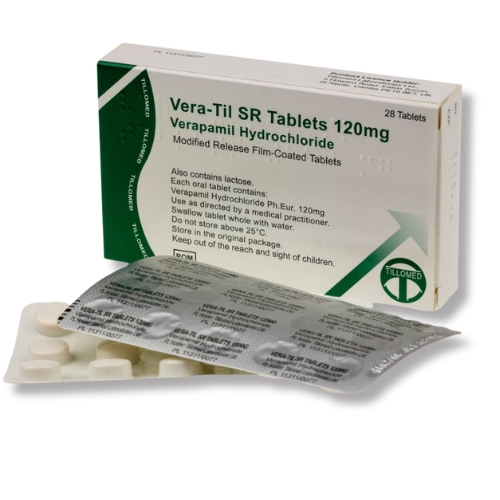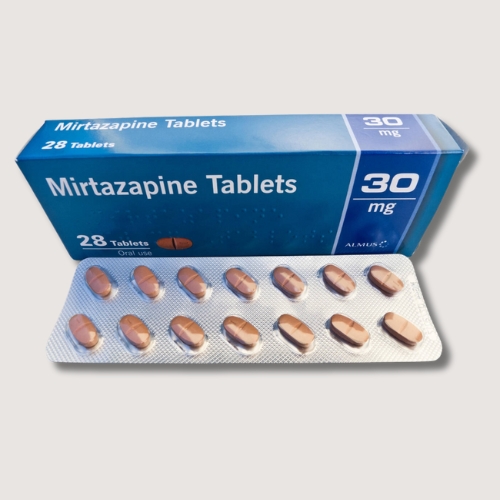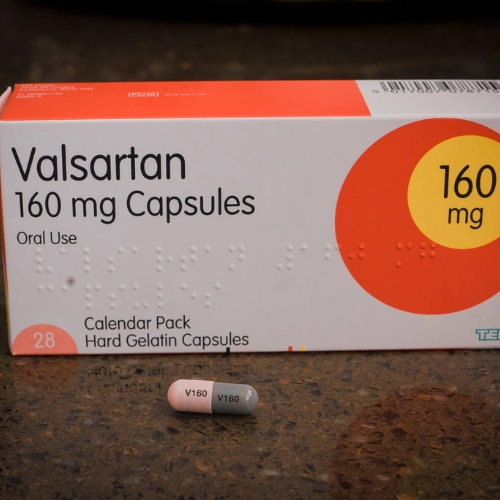Description
Antidepressants
Introduction
Antidepressants are commonly medications to treat depression and other mental health conditions. These medications work by increasing levels of certain neurotransmitters in the brain, which helps regulate mood and improve overall well-being. This document will provide an overview of the different types of antidepressants available and their mechanisms of action.
Types of Antidepressants
There are several types of antidepressants commonly today:
1. Selective Serotonin Reuptake Inhibitors (SSRIs): SSRIs are the most widely prescribed class of antidepressants. They work by blocking the reabsorption of serotonin, a neurotransmitter that plays a role in mood regulation. Examples of SSRIs include fluoxetine (Prozac), sertraline (Zoloft), and citalopram (Celexa).
2. Norepinephrine and Serotonin Reuptake Inhibitors (SNRIs): SNRIs work by inhibiting the reuptake of norepinephrine and serotonin, as well as blocking certain serotonin receptors. Examples of SNRIs include venlafaxine (Effexor) and duloxetine (Cymbalta).
3. Tricyclic Antidepressants (TCAs): TCAs have been for decades to treat depression. They work by increasing levels of norepinephrine and serotonin in the brain. Examples of TCAs include amitriptyline (Elavil) and nortriptyline (Pamelor).
4. Monoamine Oxidase Inhibitors (MAOIs): MAOIs are an older class of antidepressants that have limited use today due to dietary restrictions and potential interactions with certain foods and medications. They work by inhibiting an enzyme that breaks down certain neurotransmitters, including norepinephrine and serotonin. Examples of MAOIs include phenelzine (Nardil) and isocarboxazid (Marplan).
Mechanism of Action
Antidepressants work by modulating the balance of neurotransmitters in the brain. These neurotransmitters include serotonin, norepinephrine, and dopamine. SSRIs and SNRIs primarily target serotonin and norepinephrine, while TCAs and MAOIs also affect norepinephrine and dopamine.
By increasing levels of these neurotransmitters, antidepressants help alleviate symptoms of depression and other mental health conditions. They help restore the balance of neurotransmitters in the brain, improving mood, sleep, appetite, and overall cognitive function.
Side Effects and Precautions
While antidepressants can be effective in treating depression, they also come with some potential side effects. Common side effects include drowsiness, weight gain, dry mouth, nausea, and sexual dysfunction. Additionally, certain types of antidepressants, such as MAOIs, require dietary restrictions due to the potential for dangerous interactions.
Before starting an antidepressant, it is important to discuss all potential side effects and precautions with your healthcare provider. They will be able to assess your individual situation and recommend the best medication and dosage for you.
Conclusion
Antidepressants play a crucial role in the treatment of depression and other mental health conditions. By increasing levels of neurotransmitters in the brain, these medications can help improve mood, alleviate symptoms, and improve the quality of life for individuals affected by these conditions. However, it is essential to consult with a healthcare provider before starting an antidepressant to ensure safe and effective treatment.










Reviews
There are no reviews yet